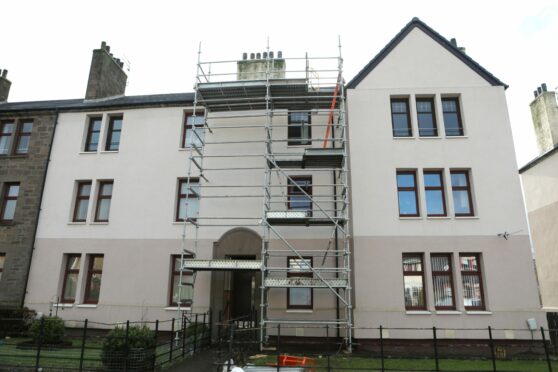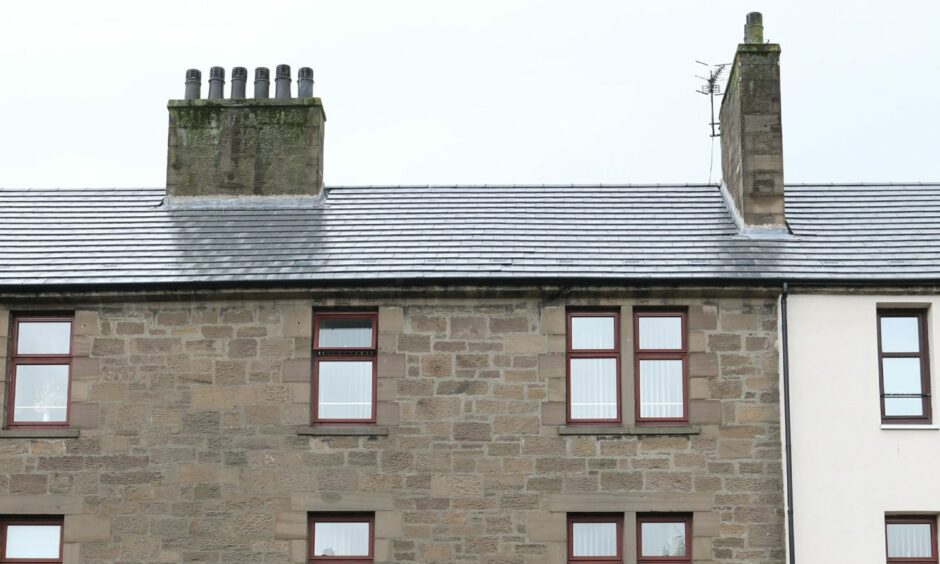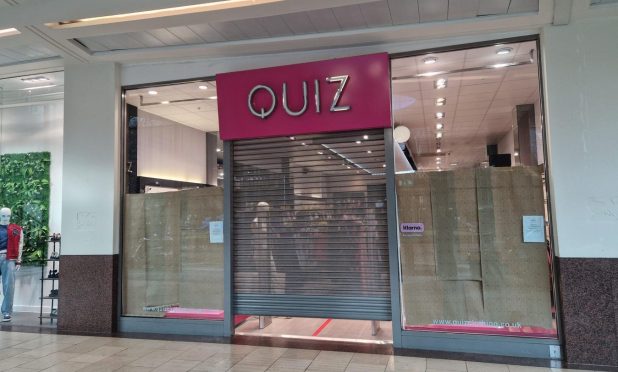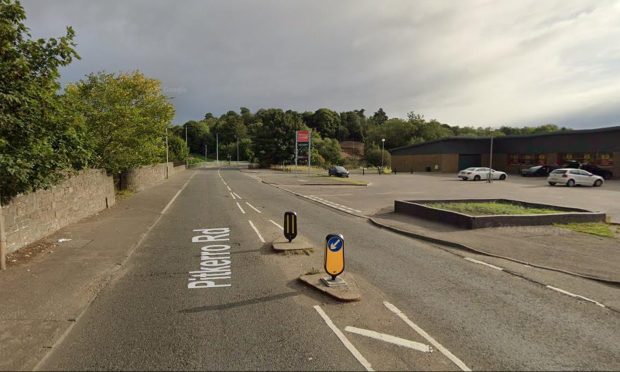A review into Dundee City Council’s £4.4million roofing repair error has shown an “apparent lack of knowledge” on safety standards.
Findings of an independent inquiry call for staff to starting asking “obvious questions” to stop mistakes slipping through cracks on major projects.
The investigation relates to a blunder which led to hundreds of council homes falling below safety standards.
The problem was sparked by a change in British Safety Standard regulations in 2015 that the council failed to pick up until late 2019, after 450 roofs had been repaired under the old standard.
‘Ineffective controls’ on Dundee roofing project
The Courier exclusively revealed the issue last November, sparking calls for the inquiry.
Now, a 44-page report has been released by auditors Pricewaterhouse Coopers, listing a number of improvements needed to prevent a repeat of the errors, which affected 262 owners and 894 tenants.
It says a lack of knowledge of changes to slating and tiling safety standards meant “ineffective controls” were in place for the roofing project.
The report, going before Dundee City Council’s scrutiny committee next week, acknowledged the situation is “rare” and says recommendations are already being implemented to stop a repeat.
It adds: “We understand the council are now encouraging all staff who are involved in any part of the capital project process to ask what may be seen as an obvious question or challenge if they are unsure.
“In doing this, it would help to reduce the risk of missing a change in legislation or standards, if at least one person is aware and spots it hasn’t been applied correctly in the design or build.”
A number of factors to blame
The report also looks to answer how the situation was allowed to happen.
It says: “A number of factors may have contributed to a failure to identify that the roofs were not being fitted to the revised British Standard.
These include:
● Following standard custom and practice
● Inconsistency and lack of clarity in the design documents
● The design documentation not being appropriately reviewed
● A lack of knowledge that the British Standard had changed across all teams involved
Areas for improvement
PricewaterhouseCoopers identified several areas for improvement.
These include:
● A more senior review of design and specification documents
● More emphasis placed on suppliers to confirm orders meet relevant standards
● Check lists at each stage of the project, which require completion prior to moving to the next stage.
● Reviewing the types of information needed to carry out the work
‘This was a rare incident’
The report concludes: “The roofing project issue was a rare incident that occurred due to multiple issues coming together at the same time.
“Under normal circumstances one would expect that the structures and processes originally in place would prevent such an issue.
“The apparent lack of knowledge captured relating to the change in the British Standard for slating and tiling was a decisive factor and meant that the controls in place were ineffective for this particular project.
“If the areas for improvement identified are addressed, along with improvements already made, the risk of a future issue of this nature occurring will be much reduced.”
An introduction to the report by Robert Emmott, the council’s executive director of corporate services, says improvements are already under way.
It adds: “Head of housing and construction is responsible for the implementation of the
remaining actions which are planned to be completed by the end of 2023.”













Conversation